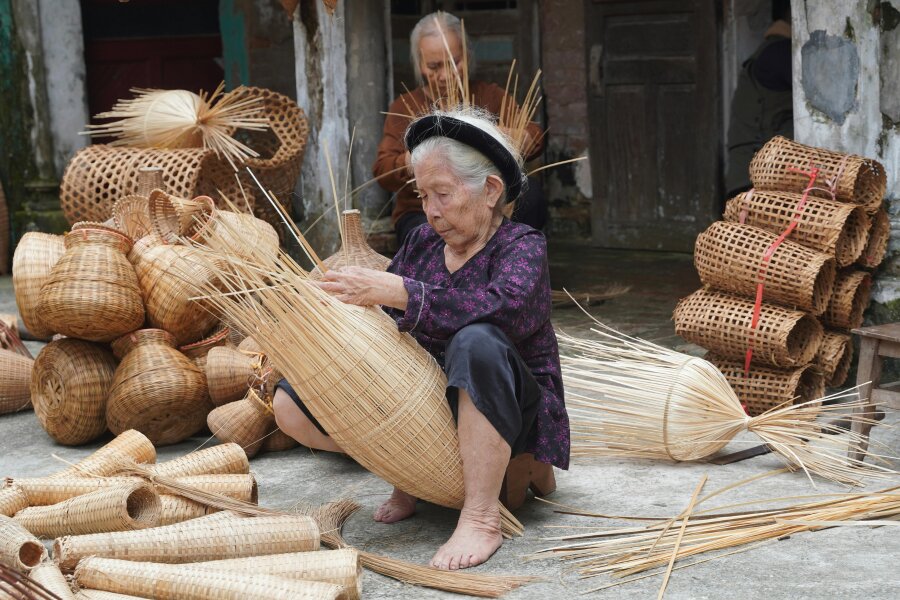A group of United Nations human rights experts issued a sharp condemnation of what they described as the "escalating repression" against the Khmer Krom Indigenous Peoples in Vietnam. The statement highlights a systemic campaign of harassment, criminalization, and religious and cultural suppression targeting the Khmer Krom community, an Indigenous group residing primarily in the Mekong Delta region. The UN experts expressed deep concern that peaceful efforts by the Khmer Krom to promote their Indigenous identity, cultural expressions, and religious freedom are being treated by Vietnamese authorities as threats to national security.
The report details a range of specific and severe human rights abuses. At least 17 Khmer Krom monks, community activists, and human rights defenders have been arrested and subjected to unfair trials, resulting in disproportionately long sentences for peacefully exercising their fundamental rights. Among those detained are activists To Hoang Chuong and Thach Cuong, whose imprisonment the UN Working Group on Arbitrary Detention (WGAD) recently found to be arbitrary and in violation of international law. The WGAD opinion noted that their detention resulted solely from their legitimate efforts to promote the rights of their community, including by distributing copies of the UN Declaration on the Rights of Indigenous Peoples.
Furthermore, there are credible reports that some detainees have been subjected to torture or other forms of ill-treatment during pre-trial detention and have been held incommunicado, cut off from their families and legal representation. A central focus of the state's repressive actions has been the community's practice of Theravada Buddhism, a core pillar of Khmer Krom identity. Authorities have repeatedly targeted the Tro Nom Sek temple in Vinh Long province, an independent religious center that has resisted pressure to join the state-sanctioned Vietnam Buddhist Sangha. The campaign against the temple has included violent raids, the demolition of parts of the sacred site, the forcible defrocking of monks, and the disruption of Khmer language classes held on the temple grounds. Human rights defenders who have attempted to document these violations have themselves been targeted for arrest and prosecution.
This repression is facilitated by a legal and political framework that denies the Khmer Krom their fundamental rights. The Vietnamese government uses vaguely worded national security provisions, such as "abusing democratic freedoms to infringe upon the interests of the State," to criminalize peaceful dissent and cultural expression. Critically, the government also refuses to officially recognize the Khmer Krom as an Indigenous People, a policy that denies them specific protections afforded under international law and has facilitated the appropriation of their ancestral lands, contributing to their social and economic marginalization.
In response to this escalating situation, the UN experts urged the Vietnamese government to recognize and protect the rights of Indigenous Peoples, cease the use of ambiguous security laws, immediately release all arbitrarily detained individuals, and ensure all detainees are granted access to legal counsel, family visits, and adequate medical care.
Source: United Nations



